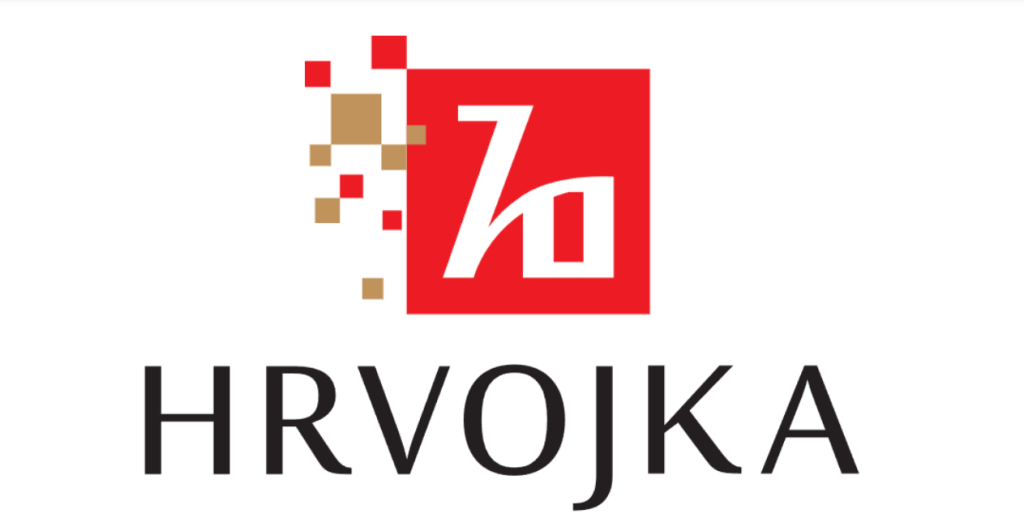July 22, 2023 – A few days ago, the Croatian government launched a portal named Hrvojka. It is the government’s version of Google Translate, a language translation app based on artificial intelligence.
Now the Central State Office for the Development of the Digital Society has provided additional information about this system, writes Index. They say that five countries are participating in the project. They also explained why they named it Hrvojka.
“The national portal for language projects Hrvojka was created within the framework of the project “National Language Technology Platform” (National Language Technology Platform), which is co-financed by the European Union from the Connecting Europe Facility (CEF). Five countries participate in the project: Latvia, Estonia, Malta, Iceland and Croatia, and the project coordinator is the Latvian company Tilde, a leading European innovator in the field of language technology.
The holders of the project on behalf of Croatia are the Faculty of Philosophy of the University of Zagreb and the Central State Office for the Development of the Digital Society,” they said.
Project worth 648,749 euros
“The total value of the National Language Technology Platform project, in which the previously mentioned five countries participated, is EUR 648,749.00, of which EUR 62,000.00 was provided for the Central State Office for the Development of the Digital Society, as the Croatian partner in charge of the technical implementation of the project.
The Hrvojka portal is based on the existing Latvian platform hugo.lv and the results of the previous translator: EU Council Presidency Translator (https://hr.presidencymt.eu) from 2020. Each country, a partner in the project, developed its own, national version of the platform, and each was obliged to develop a recognizable product name as well as the associated logo,” they write.
Why the Name Hrvojka
“The name Hrvojka has characteristic Croatian features – the national component in the name is important, and it is important to highlight that it carries the feminine gender. Since all the platforms in the countries participating in the project are actually identical, a visual identity was chosen to fit the name – the Glagolitic letter, which is the first known script used by Croats.
The name Hrvojka is, in fact, an anagram that indicates a modern free public translation tool, and it stands for Croatian Computer Multilingual Operational Public Communication Tool (Hrvatski Računalni Višejezični Operativni Javni Komunikacijski Alat),” they continue.
“The platform, in addition to machine translation, known colloquially as “Google translator”, offers safe and free access to a professional translation environment with integrated technological databases and a tool for machine-assisted translation (Computer Assisted Translation, CAT), as well as a tool for translating websites into European Union languages. The importance of introducing the National Language Platform Hrvojka, apart from its practical use, is certainly that it is primarily a tool for strengthening the role and use of the Croatian language in the digital environment and ensuring its survival in the communication channels of the 21st century. Another is raising awareness of the importance of collecting and storing language sources as the basis for the further development of language technologies for the Croatian language,” they write.
Hrvojka is Not Google Translate
“Hrvojka is not trying to be Google Translate, but is a platform with several language tools, only one of which is machine translation. Since the countries in the project have a smaller number of users of their languages, it is expected that the Hrvojka platform will give better results in machine translation than other available global tools, especially when it comes to translating complete texts and not individual words. When using the services of Hrvojka, you should be aware that there must also be human supervision because mistakes are possible,” they state.
The goal is for Hrvojka to become a central translation infrastructure
“We believe that communication between citizens and public administration is crucial for the functioning of life at all levels in every country. The challenges are great for effective communication with public administration in every society. This is especially true in countries with several official languages, with represented national minorities, or the multilingual needs of state administration in a European environment with 24 languages. The ultimate goal is for this portal to become a central translation infrastructure that will contribute to the quality of translation, the standardization of the language of public administration and the reduction of translation costs,” the Central State Office for the Development of the Digital Society concludes.









